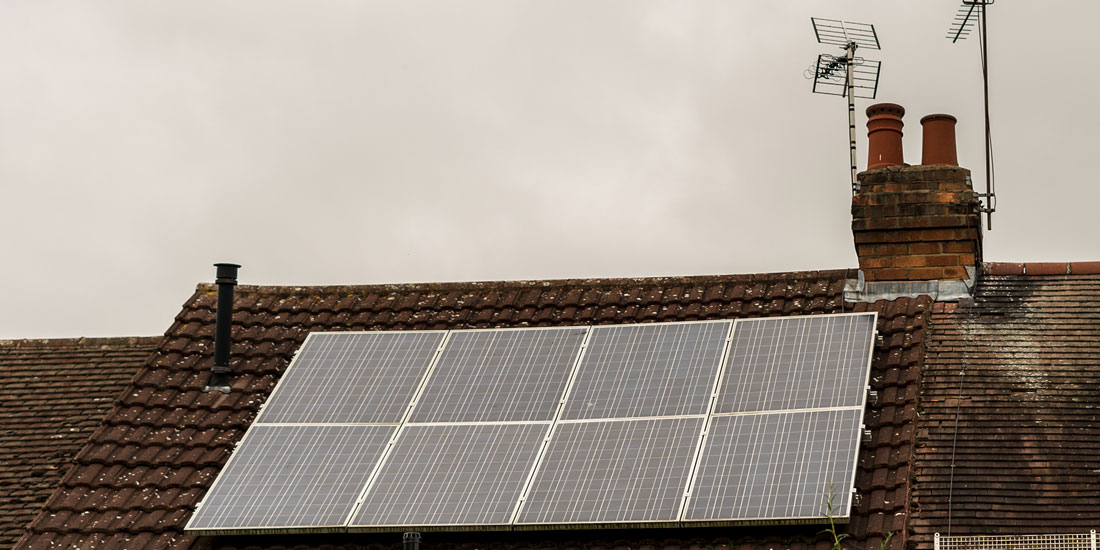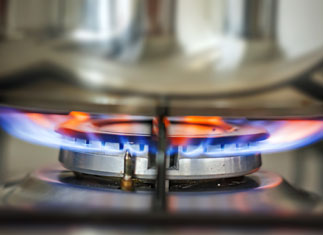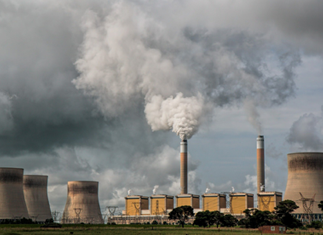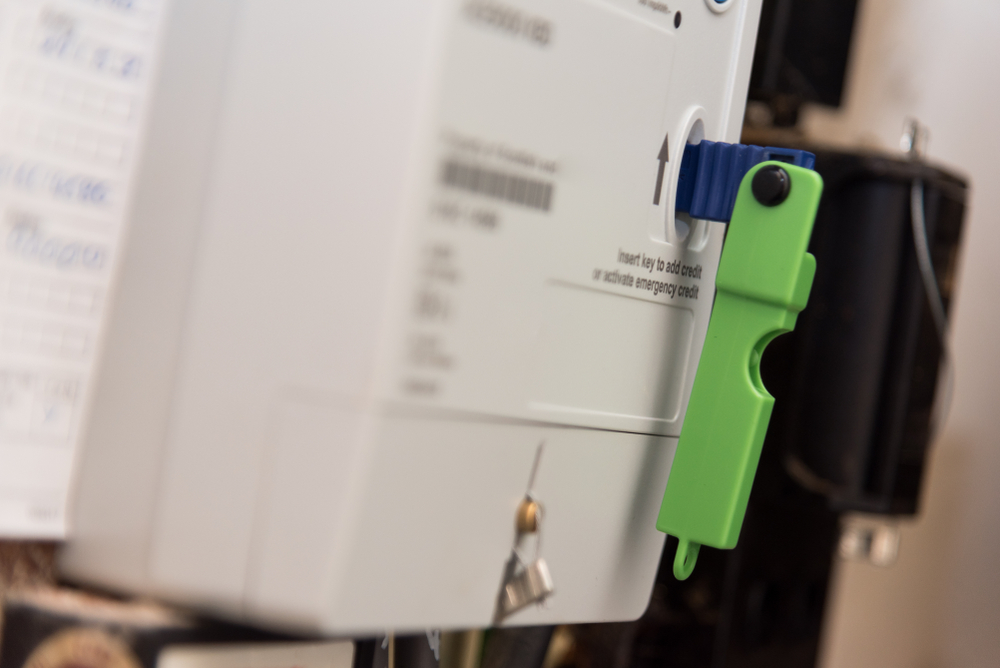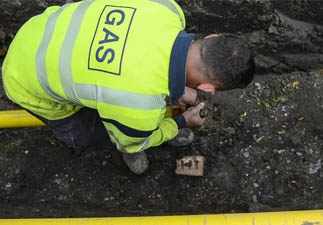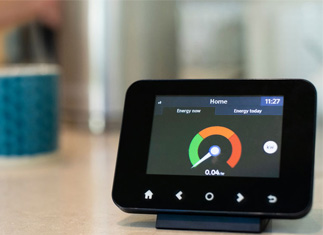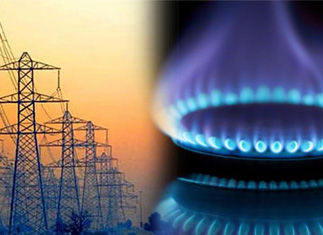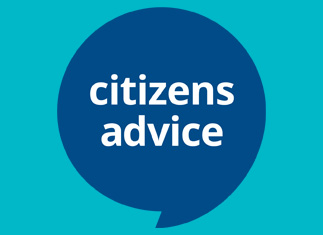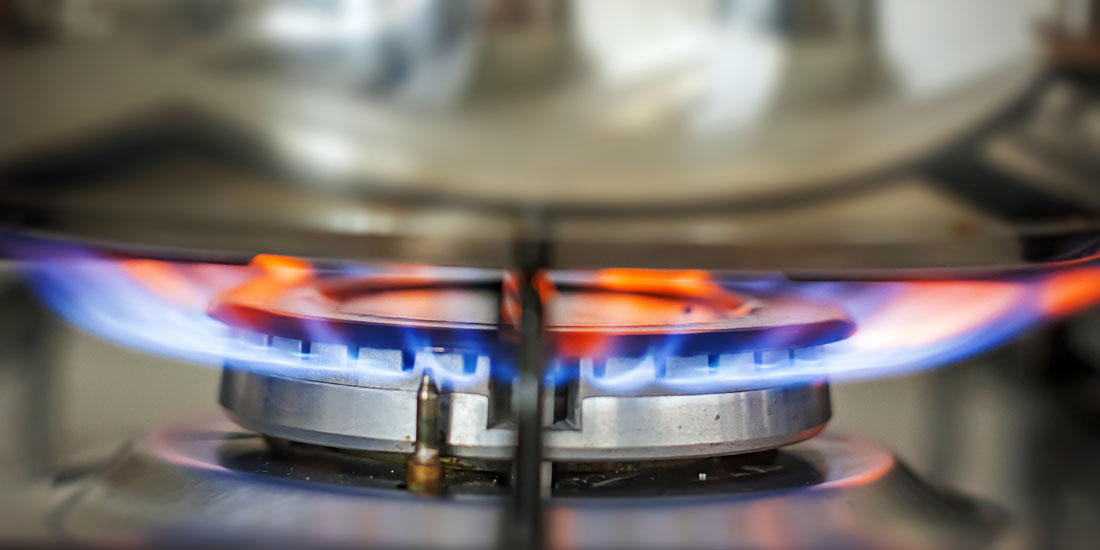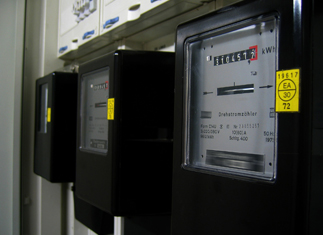Adapting the price cap methodology for resilience in volatile markets: NEA response to Ofgem consultation
Date: 14th Jan 2022
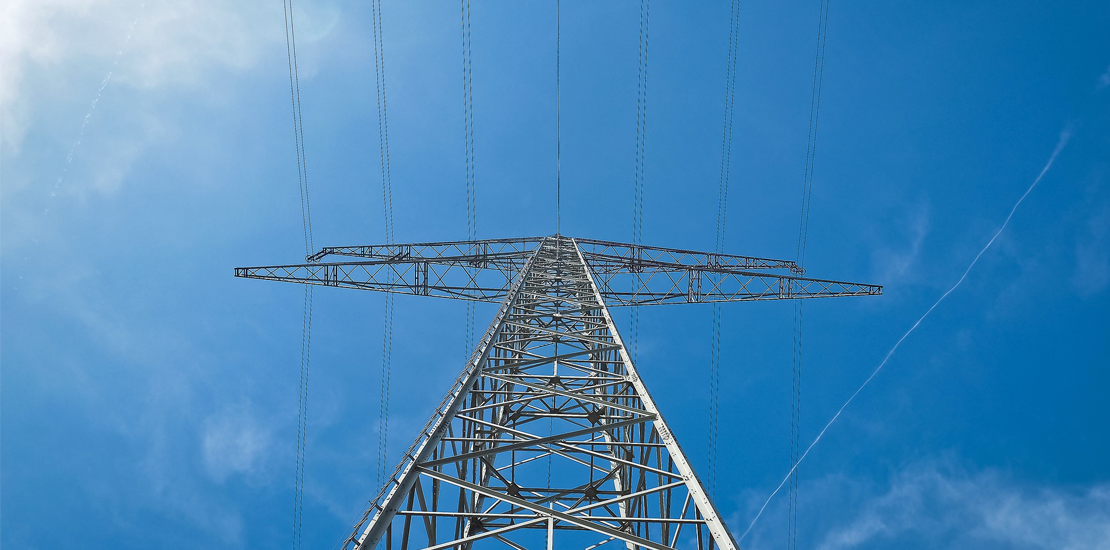
About National Energy Action (NEA)
NEA[1] works across England, Wales and Northern Ireland to ensure that everyone in the UK[2] can afford to live in a warm, dry home. To achieve this, we aim to improve access to energy and debt advice, provide training, support energy efficiency policies, local projects and co-ordinate other related services which can help change lives.
Background to this response
On average, the price of energy has increased by £235 for domestic consumer across Great Britain since last winter. NEA estimate the record rise last month to the Default Tariff price cap resulted in over 500,000 more households pushed into fuel poverty and a further 1.2 to 1.5 million could face the same plight if the price cap goes up in April by between £400 and £600, as predicted by some industry experts. On 3rd February 2021 NEA warned increases to the GB price cap in April could see the average combined domestic dual fuel bill increase by a further £550 per year. NEA also warned the cost of heating the average home will have doubled over 18 months. Over the same period, those on the lowest incomes and households that contain someone with a long-term illness or disability that reduces their ability to work have seen their income plummet by over £1000 per year. In addition, inflation remains high, meaning that essentials outside of energy also continue to rise in price. This places a worrying burden on the shoulders of the poorest households, especially those living in the least efficient homes.
Cold, damp and unsafe homes continue to cause shocking levels of unnecessary hardship and premature mortality. In polling conducted by YouGov[3], 60% of British adults said that this level of increase in their heating bill would lead them to reduce the amount that they heat their home by either a fair amount, or a great deal. Worryingly, this included 62% of the Socio-Economic group C2DE, which are more likely to be low income, and therefore be underheating their home even before prices increase. NEA is incredibly concerned, therefore, that the increase energy bills next year will lead to more people living in colder homes, more people become ill because of this, and ultimately more deaths next winter.
NEA is a supporter of the price cap as a device to ensure that households pay a fair price for energy, and to ensure that energy suppliers to not make excessive profits. As of 2020 it was estimated that the introduction of the default tariff price cap had saved customers around £1 billion a year, equivalent to around £75-100 a year for typical households on default energy tariffs. This saving will now be substantially more, because of the protection offered to households this winter.
Our response
Question 1 – Have we correctly identified and assessed the risks to consumers from continued wholesale market volatility?
Yes, the risks, as far as NEA is aware, have been correctly identified and assessed.
Question 2 – Do you believe that intervention is warranted in the interests of consumers?
Our preference is for there to be minimal changes to the market. Only one of the presented options would actively improve market conditions for vulnerable energy customers.
Question 3: Which of these possible interventions, if any, would be most effective and proportionate in addressing the risks identified in consumers’ interests?
Question 4: For each option, are there particular benefits or risks for consumers, including those in vulnerable circumstances, that we have not identified?
We address each presented intervention in the table below.
| Option | Advantages | Disadvantages | Conclusion |
| Do Nothing Option | No direct detriment to Fuel Poor Households | Could result in indirect detriment in the case that volatile wholesale markets place further additional costs on the system | An acceptable, but sub-optimal solution. |
| Requiring suppliers to make all new tariffs available to existing customers | Is an additional protection for consumers, allowing access to more and cheaper market offerings.
Could result in reduced costs for households directly. Fairer energy pricing – less cross subsidisation between SVT and fixed deal customers |
The price of the cheapest deals could increase as a result. | The best solution for fuel poor households |
| Allowing suppliers to charge exit fees on certain Standard Variable Tariffs | NA | Whilst this gives better protection against wholesale volatility for suppliers, the risk burden is handed over to customers in a sharp way.
Customers will be locked in to what is likely, in the long run, to be the most expensive tariff offering. This will reduce competition in the market and will cause detriment to vulnerable households, reducing their incentive to become active participants in the market. A distinct lack of fairness from a consumer perspective to face an exit fee for a tariff that they have not necessarily actively chosen. |
An unacceptable option for fuel poor households |
| Requiring suppliers to pay for a Market Stabilisation Charge when acquiring new customers. | Would not result in a direct increase of cost for consumers | Would likely increase costs of tariff offerings, which would eventually pass through to consumers. | A sub optimal solution for fuel poor households. |
Question 5: For each option, do you agree that we have identified the full range of expected impacts on suppliers, consumers and competition?
Yes, we believe the for the most part these have been identified. Where they haven’t, they are included in the table above.
[1] For more information visit: www.nea.org.uk.
[2] NEA also work alongside our sister charity Energy Action Scotland (EAS) to ensure we collectively have a UK wider reach.
[3] Polling was carried out by YouGov from 26th to 28thNovember 2021 to gather a nationally and politically representative view of the impact of a doubling of the cost of heating a home and investigate what impact, if any, this would have on home heating habits. 59% say they would reduce their heating use by a fair amount/great deal if the cost of heating doubles. All figures, unless otherwise stated, are from YouGov Plc. Total sample size was 1,684 adults. Fieldwork was undertaken between 26th – 28th November 2021. The survey was carried out online. The figures have been weighted and are representative of all GB adults (aged 18+). The polling results can be found at https://docs.cdn.yougov.com/op3azx1z20/NEA_HeatingCosts_211129_W.pdf
Resources
Related resources
© 2024 NEA all rights reserved.



